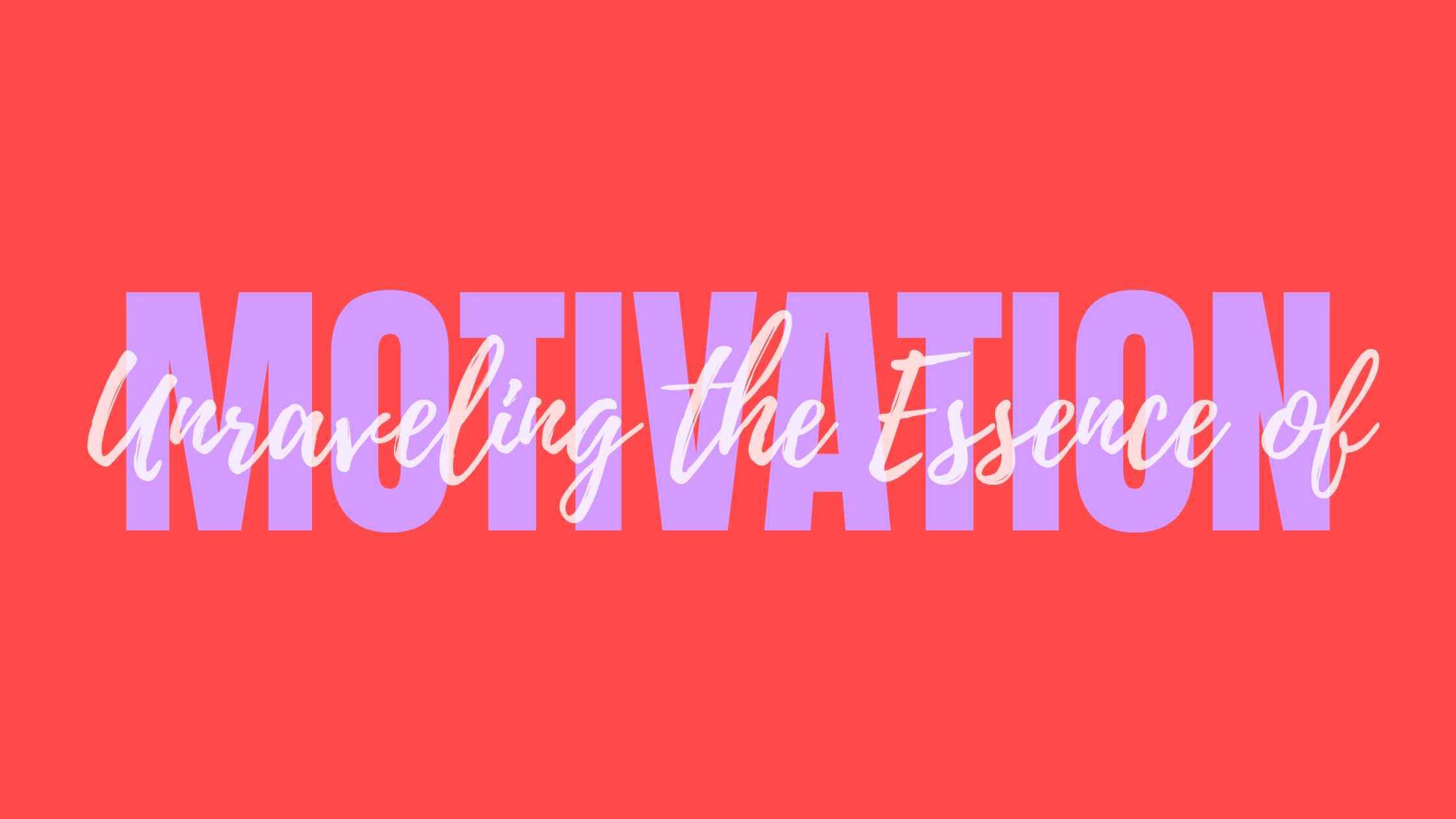The Intricacies of Motivation
Motivation is like a push that makes people do things, reach their goals, and face challenges. It’s an unseen force that pushes us ahead. Knowing our motivation is key, be it at our job, in our daily life, or when we’re being interviewed
The Role of Motivation in Interviews
When employers ask, “What motivates you?” during an interview, they are delving deep into the core of your professional drive. They aim to discern whether your motivations align with the company’s goals and values. Responding to this question with clarity and conviction can set you apart from other candidates.

Key Motivational Drivers
Personal Growth and Development
For many, the pursuit of knowledge and the desire to continually improve are primary motivators. These individuals thrive in environments that offer opportunities for learning, skill enhancement, and personal development.
Achieving Milestones and Goals
Some are driven by the satisfaction derived from achieving set targets. They relish the challenge of setting ambitious goals and then methodically working towards them.

Making a Difference
Many are motivated by the potential to make a positive impact. Whether it’s through their role, the projects they undertake, or the broader contributions they make to society, these individuals are driven by purpose.
Recognition and Rewards
For some, acknowledgment of their efforts and achievements serves as a significant motivator. This recognition can come in various forms, from verbal praise to promotions or monetary rewards.
Crafting the Perfect Response to “What Motivates You?”
When posed with the question, “What motivates you?” during an interview, consider the following framework:
- Reflect on Genuine Motivators: Before the interview, take a moment to introspect and identify what genuinely drives you in your professional journey.
- Align with the Company’s Values: Research the company’s mission, vision, and values. Tailor your response to resonate with these principles.
- Provide Concrete Examples: Support your answer with real-life instances where your motivation led to tangible results or positive outcomes.
- Keep it Concise: While it’s essential to be thorough, ensure your response is concise and to the point.

Conclusion
Motivation is important in our work and personal life. Knowing what pushes us helps us grow and connect better with possible employers. By sharing what motivates us, we can find chances that match what we truly care about.

